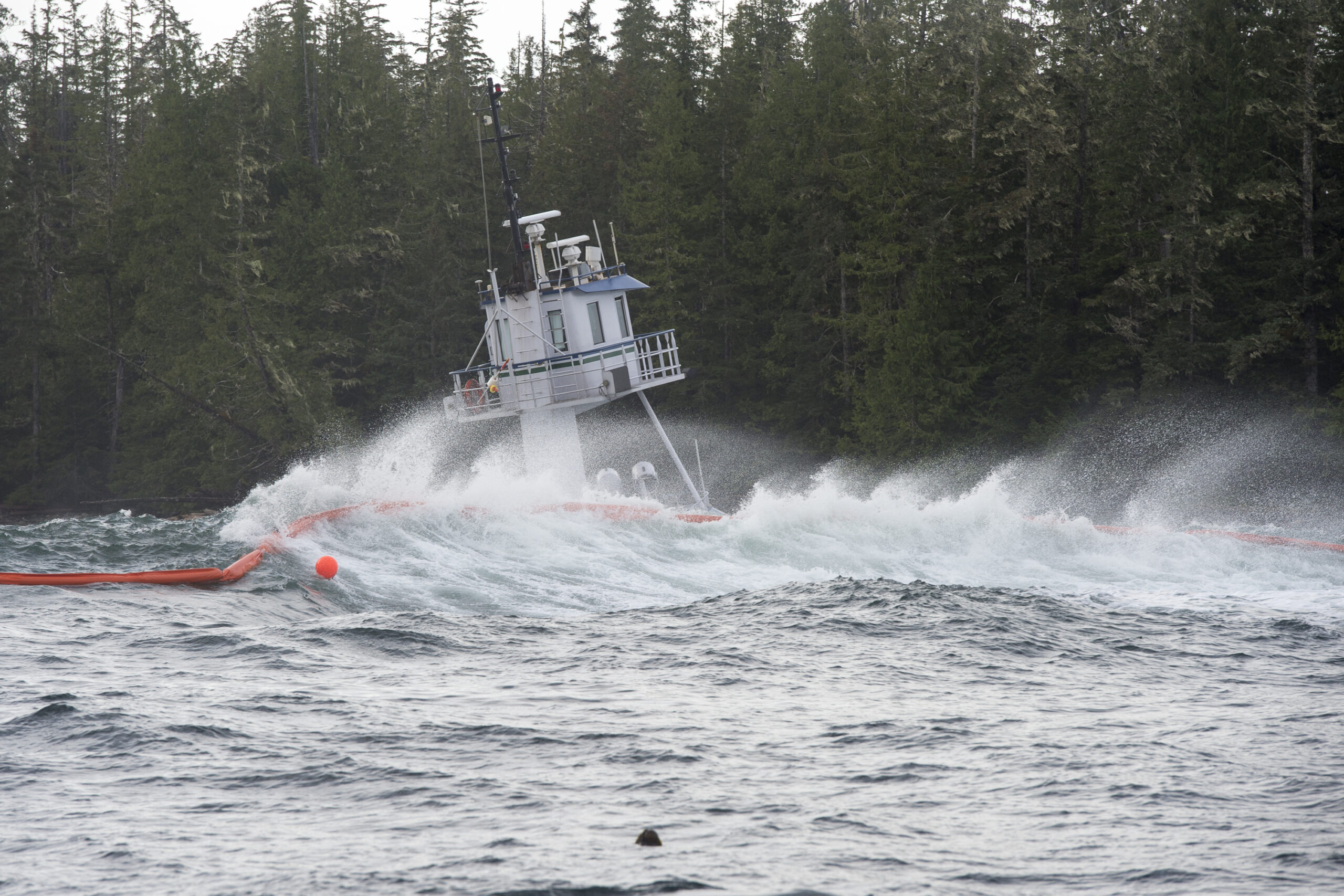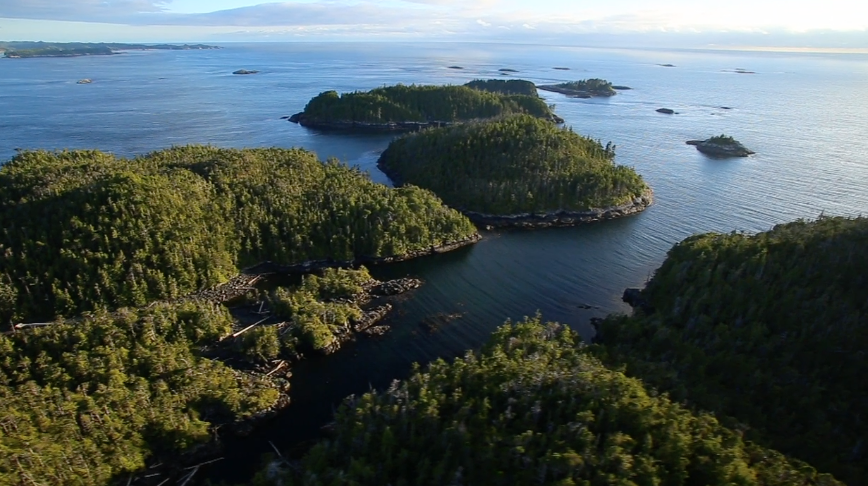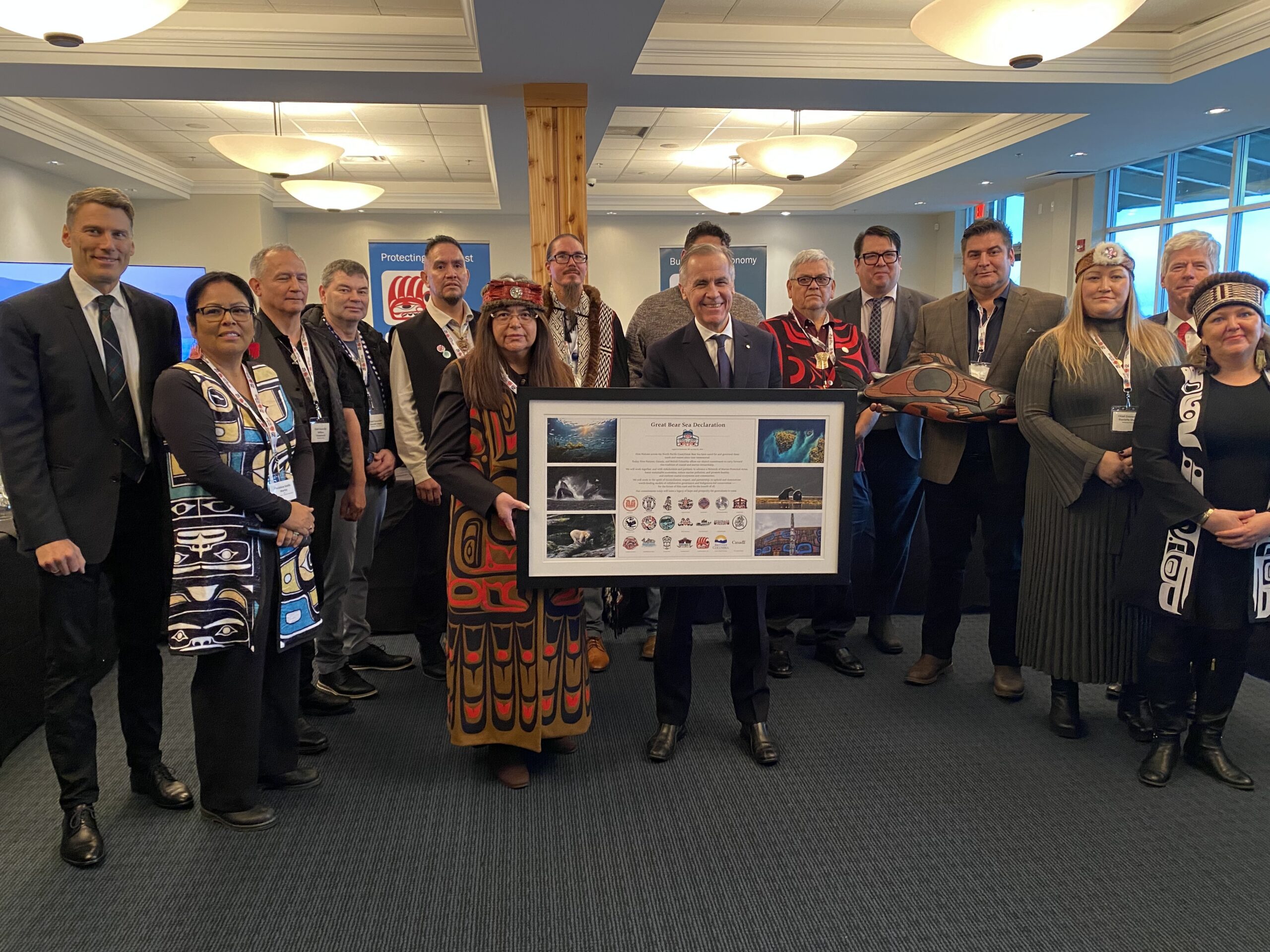Vancouver Sun, February 11, 2018
The ocean is an integral part of our coastal First Nations cultures, societies and economy. An oil spill in our territorial waters, which includes all of the North and Central coast and Haida Gwaii, would be catastrophic.
We understand that large-vessel shipping is essential for our modern economy. Fossil fuel use is a reality we must deal with as we transition to a clean energy future. But we already know that the question is no longer “if” there’s going to be an oil spill, it has already happened. There is no “world class” oil spill clean-up system that will work on the coast. It simply does not exist.
The Heiltsuk Nation still has not recovered from the Nathan E. Stewart diesel spill. It may be years before their waters, clam beds and other marine resources are healthy again. The Haida also experienced a near disaster in October 2014 when a 135-metre bulk carrier, the Simushir, lost power in storm-force winds in their territories. The Gitga’at have been impacted by two spills, the MV Zalinski which was carrying Bunker C when it sank and the B.C. Ferry, Queen of the North, which sank in 2006. Despite government promises of clean-up, both wreckages still leak fuel.
Our identities and culture will cease to exist if the fish, animals, plants, medicines, creatures and birds are compromised. Our way of living and livelihoods has already been severely impacted because of past industrial and commercial unsustainable practices. One example is the decline of fish and fisheries on the coast.
Historically, our leaders managed our territories and resources to meet our community needs. Wealth and surpluses were generated when times were good, and this enabled trade and inter-tribal commerce. Governing also meant enforcement of Indigenous laws and protection of lands, seas and resources. We are guided by our potlatched hereditary leaders and elders who have taught us how to balance the economic needs of our people and the need to respect our lands, cultures and environment. They have told us that oil tankers are too risky to our existence and therefore must be kept out of our territories. Consultation has been provided through the clear leadership of the CFN communities.
As chiefs and leaders we have a responsibility to leave future generations with a healthy environment and a sustainable economy. This is why we are working with the federal government to develop a fisheries industry that will benefit our communities. It is why we are working with the B.C. government to develop new clean energy strategies which includes First Nations from the outset.
CFN, through its Carbon Credit Corp., is now the largest carbon credit seller in Canada and revenues generated from sales are re-invested by each nation to further protect their lands and resources. Collectively, our nations have trained and now employ over 100 stewardship staff and guardians.
Our people and communities need jobs and revenue, and we know that the traditional resource sectors alone will not meet growth demands of our nations so we are open to new developments. But new resource or industrial developments must never compromise our natural environment. There is no place for oil tankers on our coast. As Indigenous people who have lived in our territories for more than 14,000 years, as British Columbians, and as Canadians, we have a collective responsibility to protect our lands, waters and resources.
The tanker moratorium is good and necessary public policy.
Patrick Kelly is board chair of the Coastal First Nations-Great Bear Initiative. Coastal First Nations member communities include: Wuikinuxv, Heiltsuk, Kitasoo/Xaixais, Nuxalk, Gitga’at, Metlakatla, Old Massett, Skidegate, and Council of the Haida Nation.


